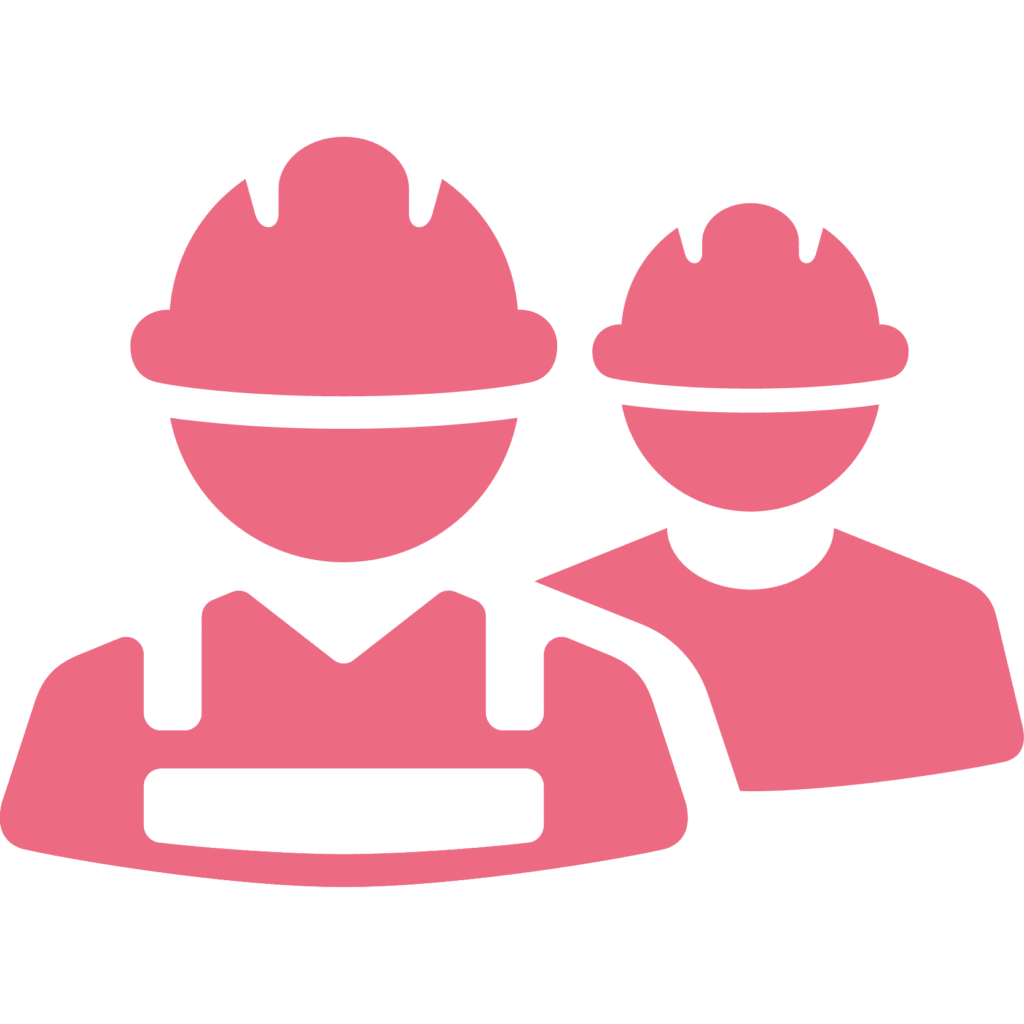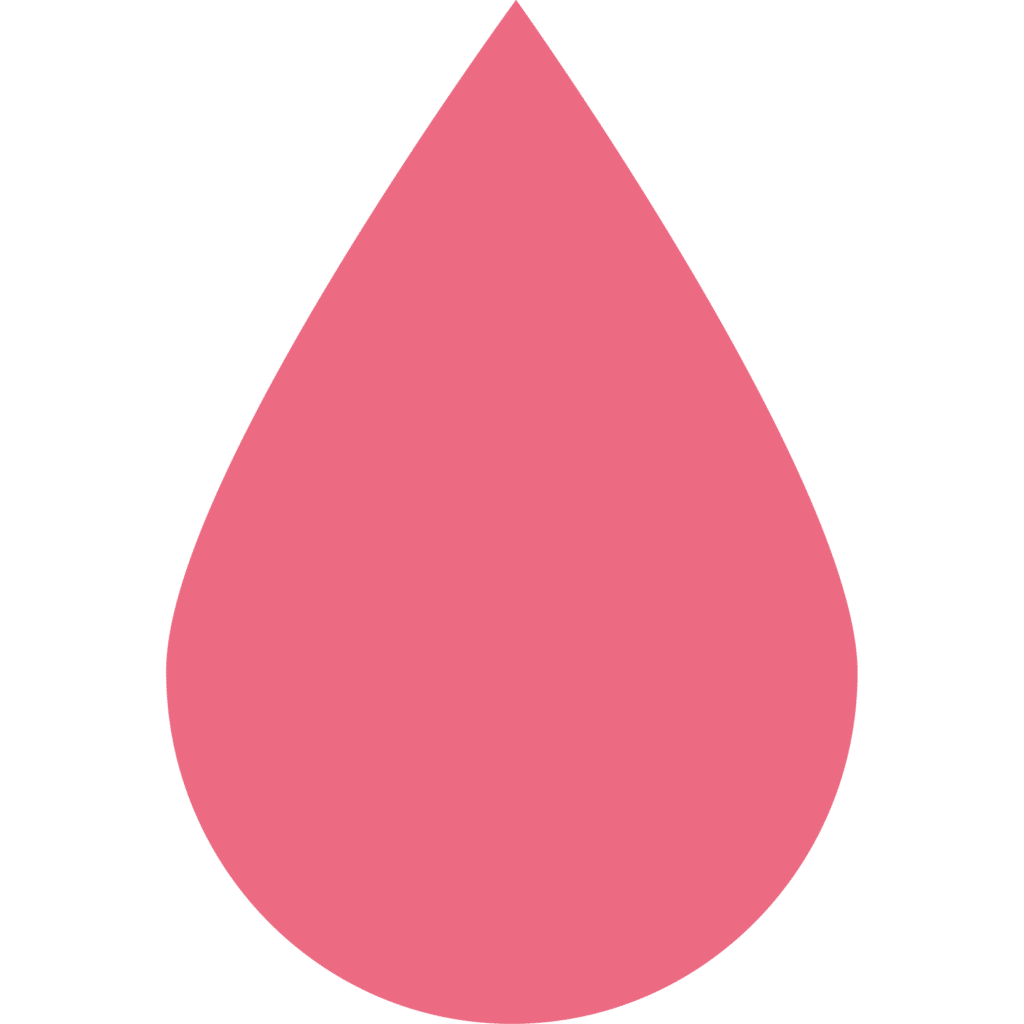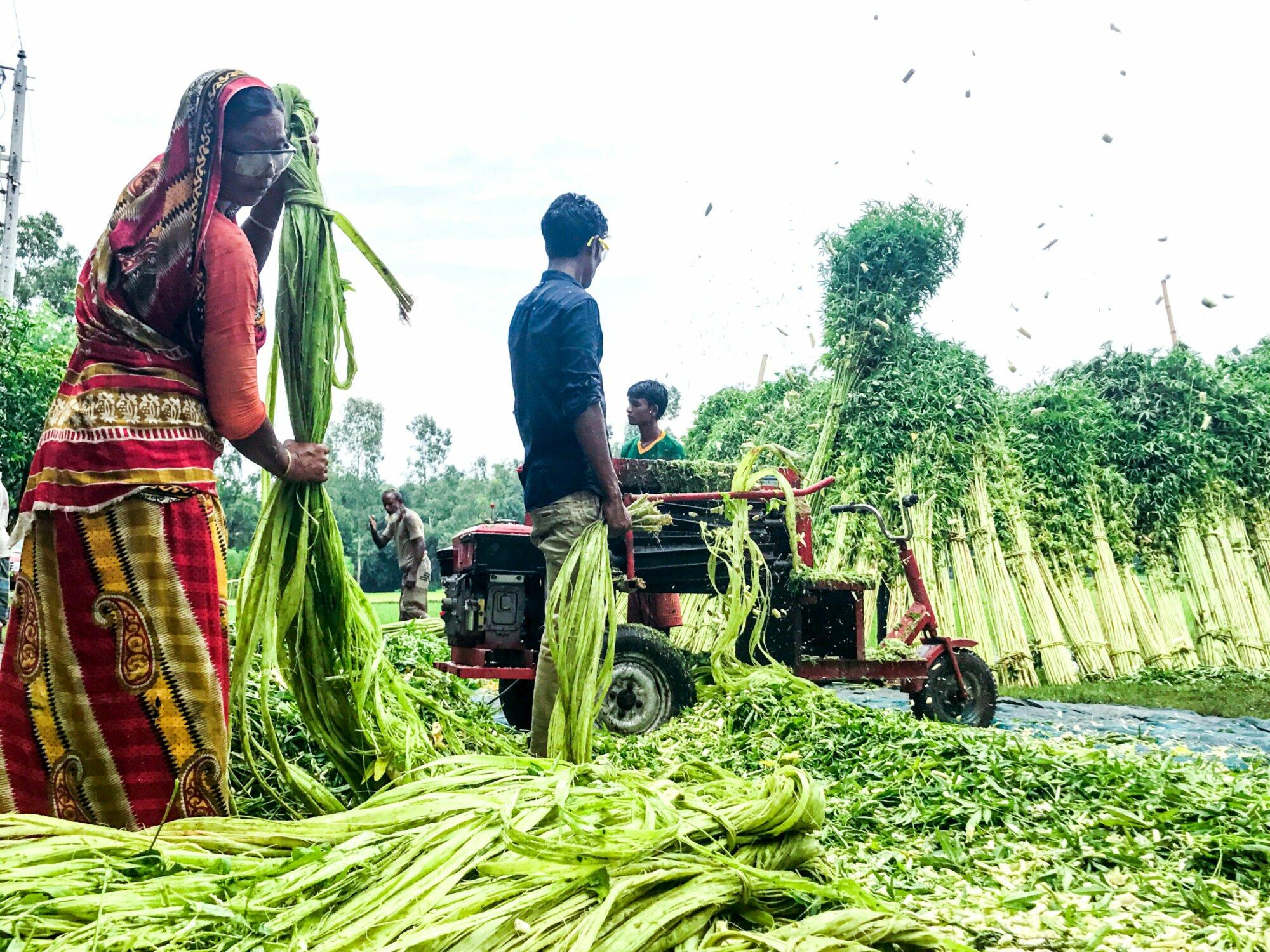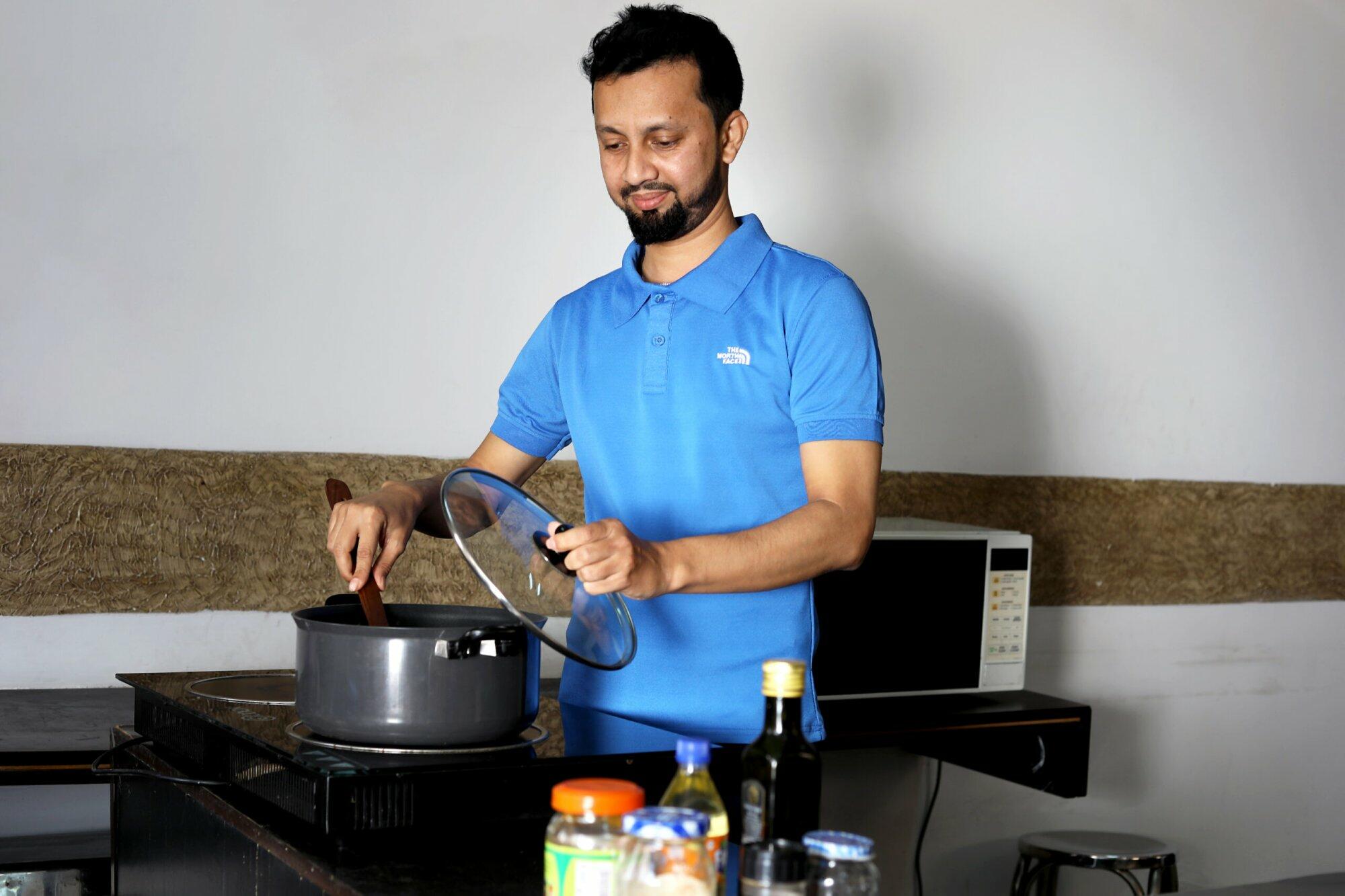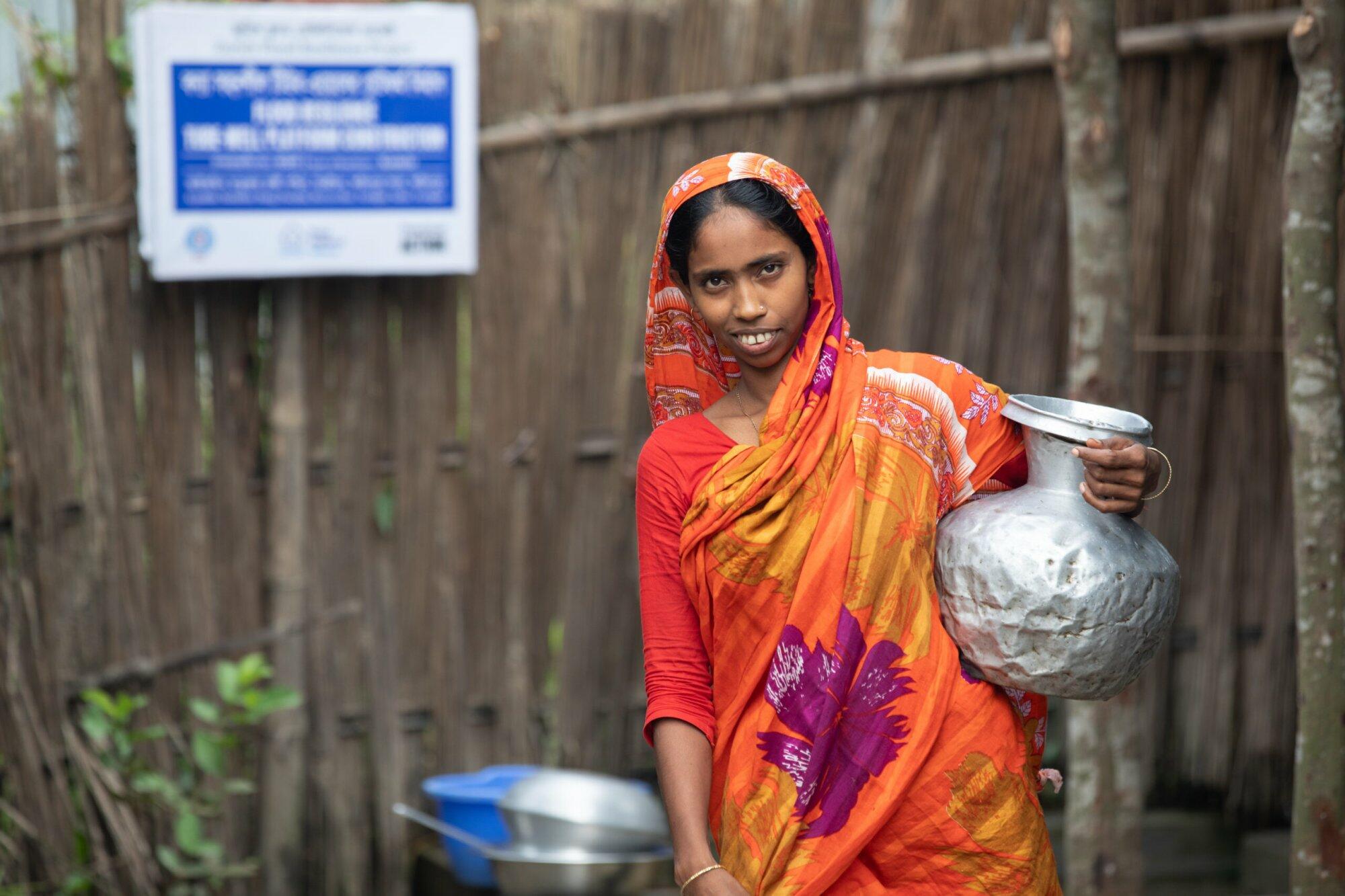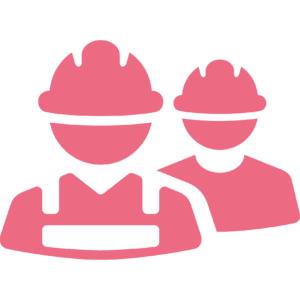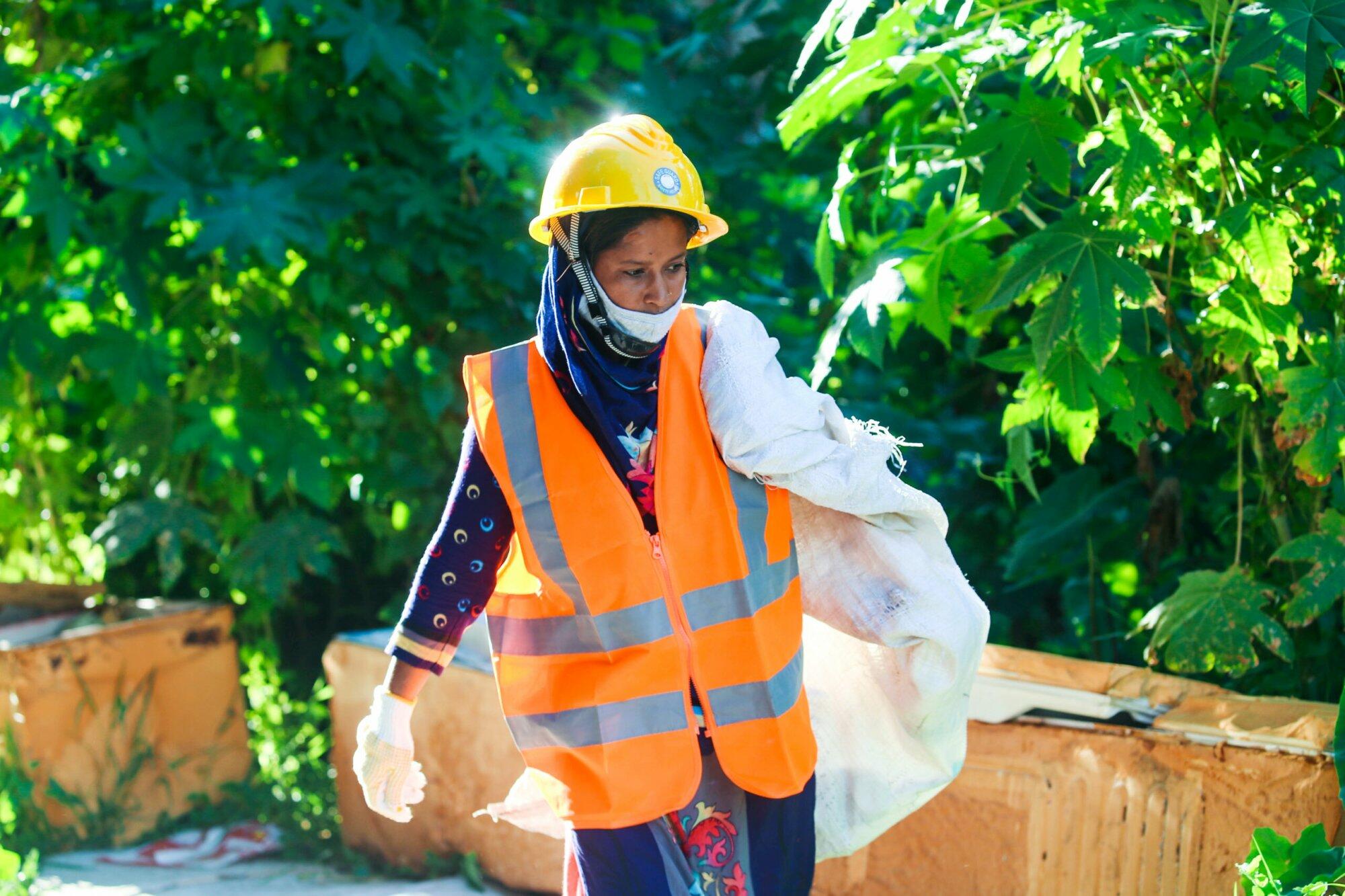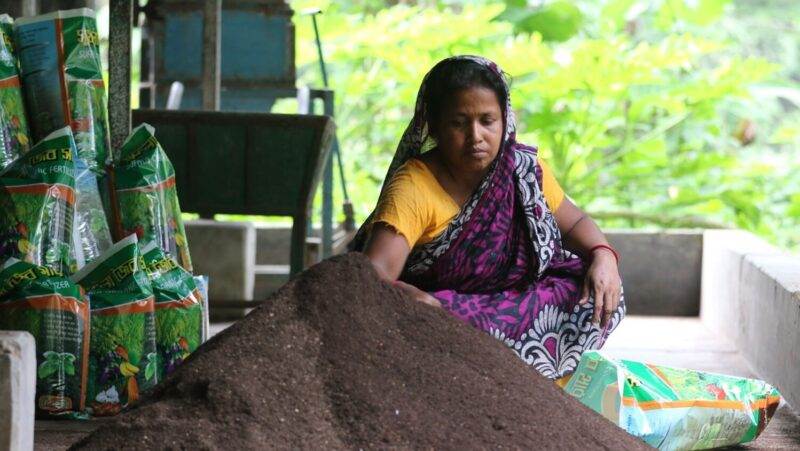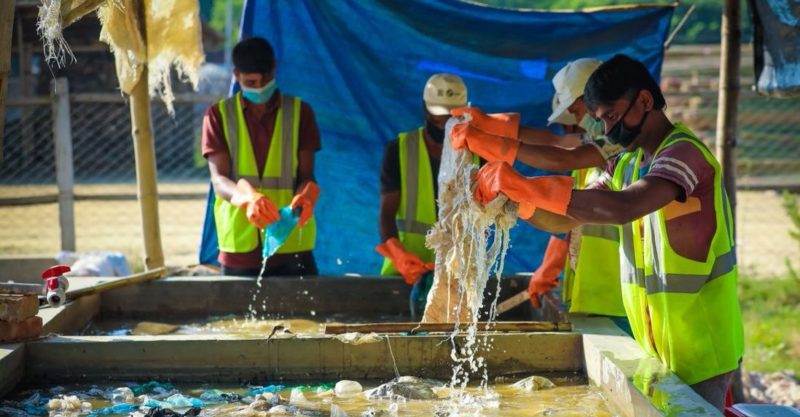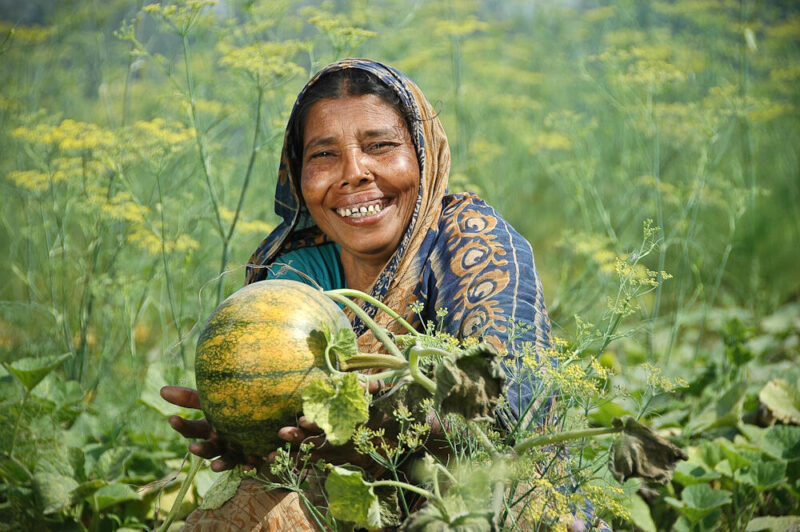Bangladesh is one of the world’s largest and most densely populated river deltas.
Its low-lying geography makes it highly vulnerable to flooding and other environmental challenges. Rising sea levels could cover 17% of its land by 2050, causing around 20 million people to lose their homes and move away. Floods and cyclones combined with rapid population growth and inadequate infrastructure are straining existing water and sanitation systems. Lives are at risk from inadequate and unsafe waste and sanitation management.
We support rural and urban communities to overcome these issues and become leaders in resilience and adaptation strategies, working towards cleaner, healthier, fairer places for people to live and work, and harnessing collaboration at local and national levels for effective, long-lasting solutions.

